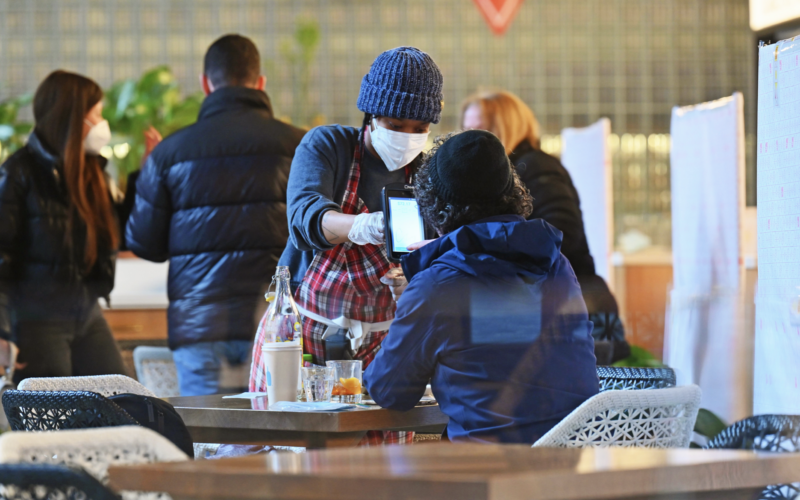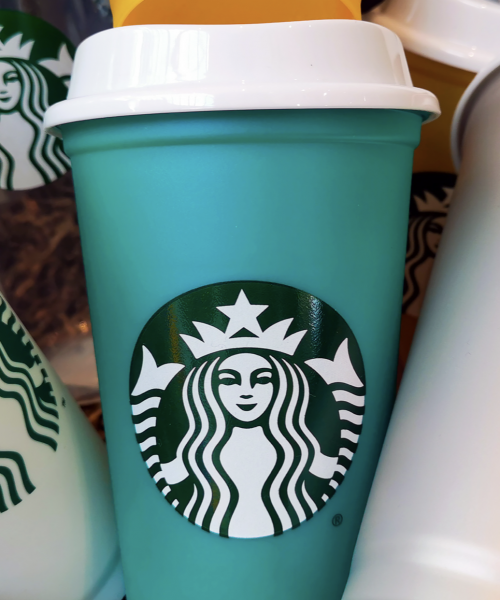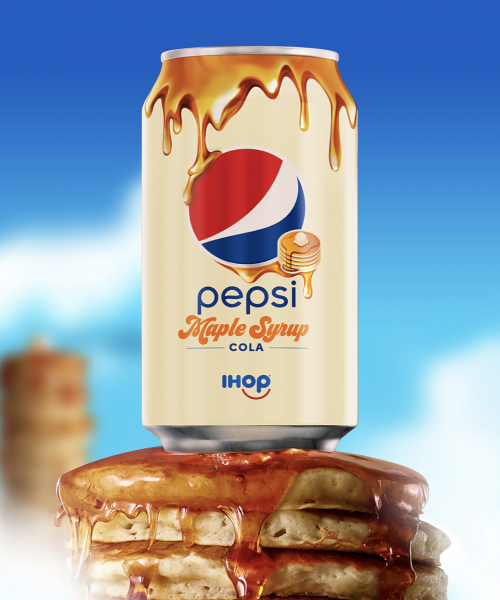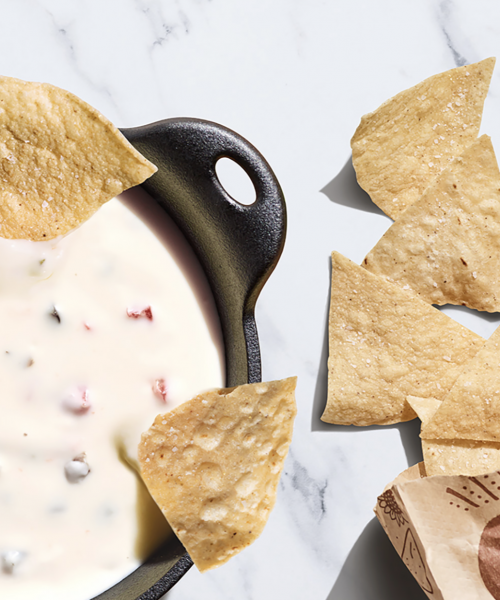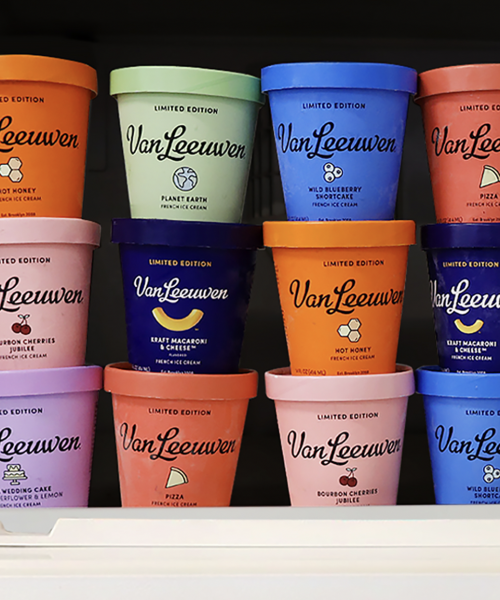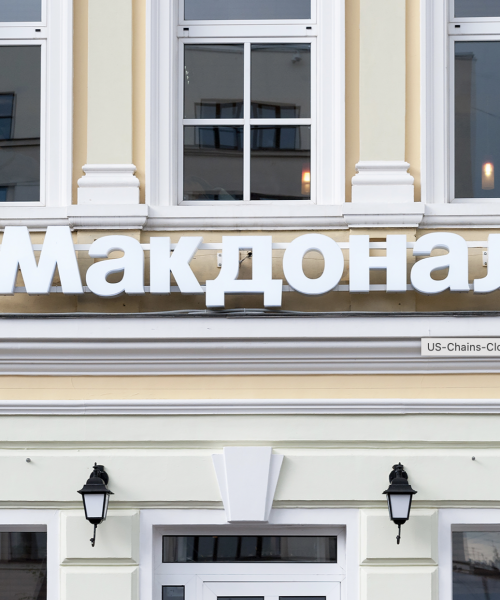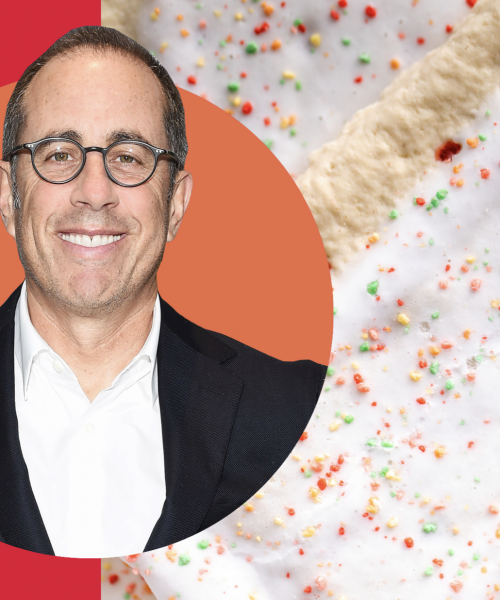By Kristen Hawley | FoodAndWine.Com
Troy Warren for CNT #foodie
As COVID-19 variants emerge, restaurants are looking for guests to show proof of vaccination or negative test results in order to avoid shutting down dining rooms again.
San Francisco chef Seth Stowaway had plans for his new, 26-seat restaurant, Osito, before COVID-19 hit. The high-end concept, slated to open in a few months, revolves around one long communal table where strangers are encouraged to interact—not exactly a COVID-era dining experience. As the pandemic wore on and the restaurant’s opening crept closer, Stowaway figured he’d break the big table into small ones. Groups of guests would still be seated and served at the same time as if they shared one table—the socially distanced version of his original concept.
But as conditions improved in San Francisco, Stowaway realized he didn’t want to compromise his vision for Osito. “It’s an experience and you just can’t get that unless you’re able to participate,” he said.
Instead, when the restaurant opens in October, it’ll require guests to show proof of vaccination or a negative COVID-19 test within 48 hours of dining.
“The idea of a restaurant is a place for someone to come and have an experience and be safe, to be taken out of what is happening in the world, and to be able to celebrate with each other. And in my mind, that means making sure people know that they’re protected,” he said. “If you spend $295 to buy a ticket with us and you can’t let your guard down to have the experience, we’re failing to provide that level of service.”
On Monday, New York Mayor Bill de Blasio announced that proof of vaccination will soon be required to dine inside at New York City restaurants. The order is the first of its kind for a U.S. city, and restaurants can be fined for noncompliance. In his announcement, de Blasio said that he got a “very clear message” from the Department of Justice that such a mandate was appropriate. San Francisco city leaders are considering a similar requirement, they said on Wednesday, but as of this writing there’s been no official federal guidance.
Until there is, Stowaway’s Osito is joining a growing list of restaurants across the country that require proof of vaccination from diners without the protection of a city or state mandate. As the delta variant of COVID-19 surges amid troubling news of its transmissibility and severity, chefs and restaurateurs say they’re worried about the safety of their staff and their guests and a vaccine requirement will help keep everyone safe.
Are vaccine mandates legal?
Vaccines, like much of the information surrounding COVID-19, have become a political issue. State and local governments are divided, often by party lines, over how mandates are received and enforced. NPR reports that nine states have enacted laws with some prohibitions on vaccine mandates. The majority of them only apply to state and local governments, meaning private businesses can mandate vaccination for customers. (In Montana, which is an outlier, private businesses can not require vaccinations to offer service.)
Generally, restaurants are within their rights requiring diners to prove their vaccination status if they want to eat inside, and simply objecting to the vaccination—for whatever reason—isn’t enough to skirt these rules.
“Failure to get the vaccine because it’s your own personal choice is not going to give you the same rights as it did before,” said Lawrence Spasojevich, a civil rights and employment lawyer in New York. “But if you’re an individual that has a disability and can’t get the vaccine because of the disability, then the business is just required to provide what would be considered a reasonable accommodation that doesn’t pose an undue burden.”
In this case, a reasonable accommodation could be seating unvaccinated guests at a socially distanced outdoor table, or asking them to produce a negative COVID test before dining.
Where do I find a restaurant’s vaccine requirements?
Social media accounts, email lists, and sites like Yelp and Google are generally the easiest ways for restaurants to keep their guests up to date on current dining requirements. On August 5, Yelp announced restaurants can add two vaccine-related attributes to their business profiles on Yelp. A restaurant can indicate that proof of vaccination is required, or that all staff are fully vaccinated. Diners can search restaurants based on those attributes, too.
Yelp says it plans to “proactively safeguard” any restaurant account that activates these features, protecting them from so-called review bombing. That’s Yelp’s term for the glut of false negative and inflammatory reviews restaurants sometimes face for imposing COVID safety restrictions.
Of course, restaurants face negative reactions online every day when it comes to COVID safety protocols. A week ago, Briana Volk, co-owner of Portland Hunt + Alpine Club in Portland, Maine, started requesting guests be vaccinated to eat inside in what she calls “pretty loose terms”—a request on the website, language on social media. If a guest isn’t vaccinated or can’t be vaccinated, including kids under 12, they’re offered a seat on the patio. “It’s not a refusal of service for anybody,” she said.
Social media commenters, on Facebook, especially, haven’t held back their wrath. “I’ve been called a Nazi a lot in the past couple days. I’ve been told I’m doing segregation similar to what happened to Black people,” Volk said. “It’s pretty easy to brush it aside. These people were never our guests. They were never going to be our guests. We’re not losing their business because it was business we never had, nor probably would ever have.”
In fact, Volk said, the restaurant’s bar had its busiest weekday ever the day after she and her business partner spoke to local media about the vaccine requirement.
What is considered proof of vaccination?
Every business is different. Most restaurants are flexible with the type of documentation they’ll accept. State or local digital health passes that confirm vaccine status, an official CDC vaccine card, and a photo of an official CDC card are commonly accepted forms of proof. Most communicate the requirement to diners when they book a reservation.
While it might feel a little strange at first to hand over proof of your own health at the restaurant’s front door, just as masks felt strange months ago, business owners say they appreciate that—for the most part—people are happy or even proud to prove their vaccine status.
Who is enforcing vaccination rules?
As of this writing, businesses are on their own when it comes to enforcing their vaccination and COVID testing requirements. Chefs and restaurateurs instituting vaccine mandates may not be particularly thrilled to have to enforce compliance in customers weary from months of restrictions. “It is hard to describe how disinterested we are in prying, even in this minimal way, into the medical history of our guests,” reads an Instagram post from San Francisco’s Zuni Cafe announcing its vaccine mandate for indoor dining.
“We were certainly not the first in SF or the Bay [to do this],” said Nate Norris, Zuni Cafe’s chef de cuisine. But, he added, “We do know that we are seen as one of the more established restaurants in San Francisco and that when we take an action it can contribute to the action being seen more broadly as valid.”
In New Orleans, Ashwin Vilkhu, chef-owner of Saffron NoLa, says he felt a sense of community responsibility to require vaccination or a recent negative test. “We have a tremendous reputation in this town,” he said. “We know that people respect us, and we know that we have led the charge on COVID throughout the last year, we know that we’re looked at as one of the leaders. And so we decided to make this move.”
A mandate keeps staff and diners safe, he said, and hopefully helps keep COVID in check. Vilkhu said he’s not afraid of losing business over the decision. A return to capacity limits and social distancing would be far worse . “We would probably have to close down the books, because you can’t survive on that,” he said.
Neither the city of New Orleans nor the state of Louisiana mandates vaccination for indoor dining. But just before our interview Vilkhu fielded a call from White House. They asked him some of the same questions about his restaurant’s policy and about how diners are reacting to it, he said. Vilkhu wonders if a national recommendation might be on the way. “They have to protect businesses. They can not afford to shut down an economy, right?”
In Other NEWS


























